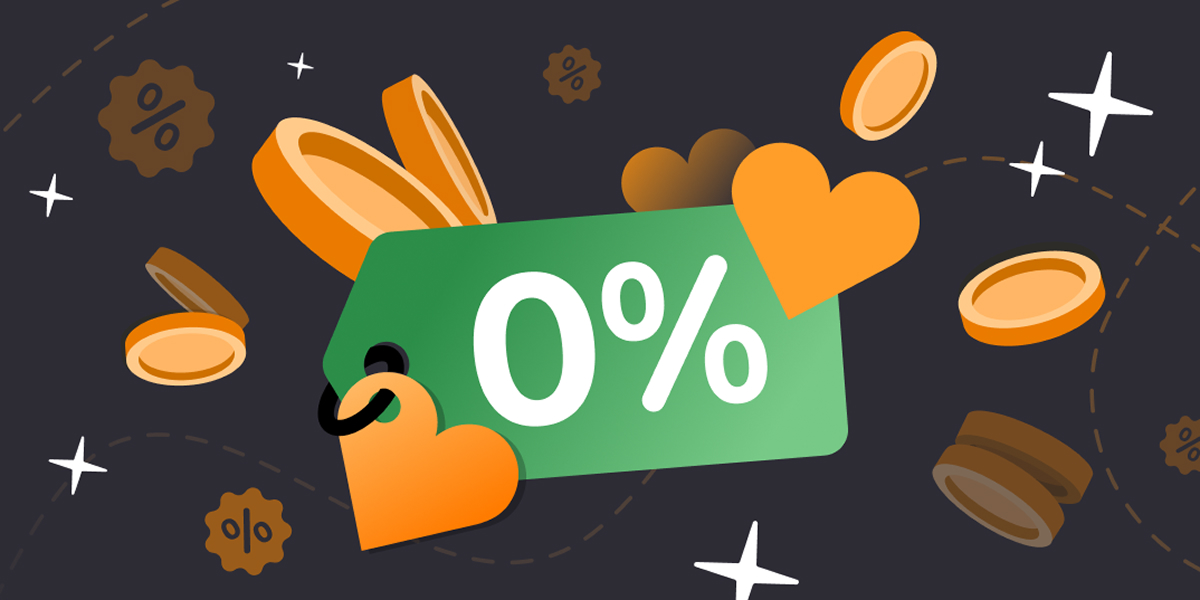NC Wallet News
View allMore Trust in Crypto
Guide to Safe Crypto Wallets

Crypto wallets are often the place where activities begin for many users. Choosing the right personal crypto wallet is important as it should be a safe haven for your digital assets. But how can you make sure that your holdings are kept in a really safe place? How do different types of wallets handle security? Stay tuned to find out…
Why are private keys important?
Crypto wallets do not actually store your digital assets. Instead, they give you access to cryptos on a blockchain with the help of private keys. Your funds are safe as long as your private key is — you can think of it as a password that unlocks your personal money vault in a bank. The question remains as to how crypto wallets manage private keys. What benefits and risks do they have?
Security in different crypto wallets
If you are using a non-custodial wallet, you are the sole keeper of your private keys, seed phrases, and other passwords that determine the safety of your holdings. The responsibility is yours — there is no extra layer of security between you and the blockchain you use. There is also no "forgot your password?" option to allow you to log back in. Notably, some experts estimate that roughly one-fifth of crypto assets are lost due to forgotten passwords.
In non-custodial wallets, you decide where and how to store private keys. On the one hand, this might seem like the perfect solution to all problems. On the other hand, the reality is not so ideal after all. Finding a secure place for keeping your private keys might be a rather tedious task making your funds more vulnerable to attacks and even theft. Remember that accountability is always on you. If your private key is compromised, you have the same chances of losing funds whether you have a hot or cold wallet.
Meanwhile, custodial wallets take care of private keys for you. The weight of responsibility is lifted off of your shoulders. Being the service that connects the user and the blockchain, custodial wallets take additional actions to protect your holdings. One of the most effective ways is by enabling two-factor authentication (2FA). It works by generating a unique 6-digit code that changes every 60 seconds and is only available to you. Some wallets, like NC Wallet, also let users single-handedly block unwanted IP addresses and set limits on withdrawal and exchange operations on any coin or all of them.
Moreover, even if a custodial wallet is compromised, hackers cannot access more than the amount kept in the provider's hot wallet used for current operations only. The rest of the users' funds are protected by a cold wallet or a chain of them. Therefore, you do not have to think of ways to add extra safety on your own.
The choice is yours — use services with a pre-established security system or take on the responsibility for storing private keys yourself.

Interested in trying the world’s first no-commission wallet with top-level security? Join right now!
 NC WALLET
NC WALLET

Recently Added

Exchange crypto without fees

4 more coins on Binance network


 en
en de
de
 fr
fr
 es
es
 it
it
 ru
ru
 pt
pt